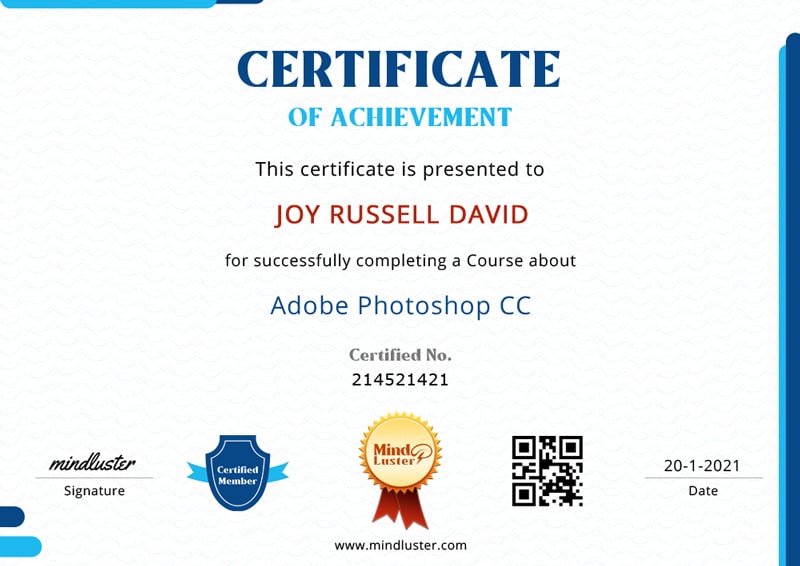What are the primitive skills?
In short, primitive skills are survival techniques passed down through generations, including fire building, tracking, foraging and wilderness navigation. Nowadays, many people go without ever learning these skills, yet they continue to be taught by outdoor enthusiasts around the world.Where is primitive skills filmed?
Primitive Technology is a YouTube channel run by John Plant. Based in Far North Queensland in the Australian state of Queensland, the series demonstrates the process of making tools and buildings using only materials found in the wild.What are the life skills in primitive society?
What are Primitive Living skills?
Shelter: Shelter is first on our list because exposure poses the most imminent risk to people. ...
Fire: Fire is a huge deal in all of human history. ...
Water: Water is the essence of life, of all life. ...
Food: This is a huge subject, and one that will vary wildly from culture to culture.
